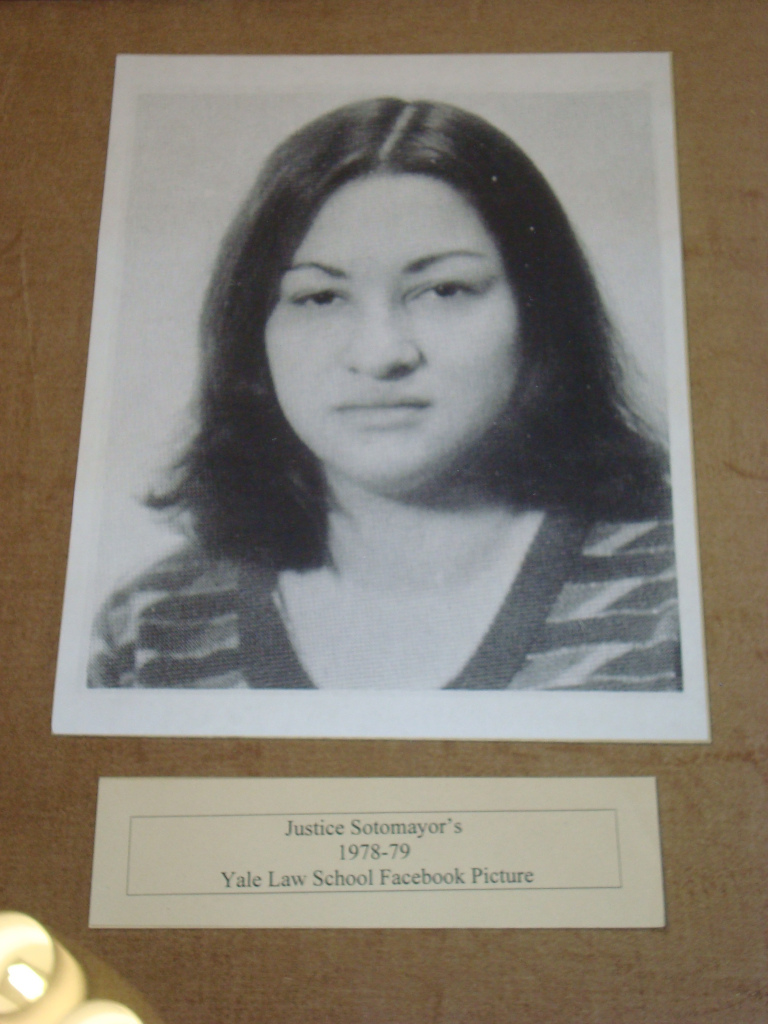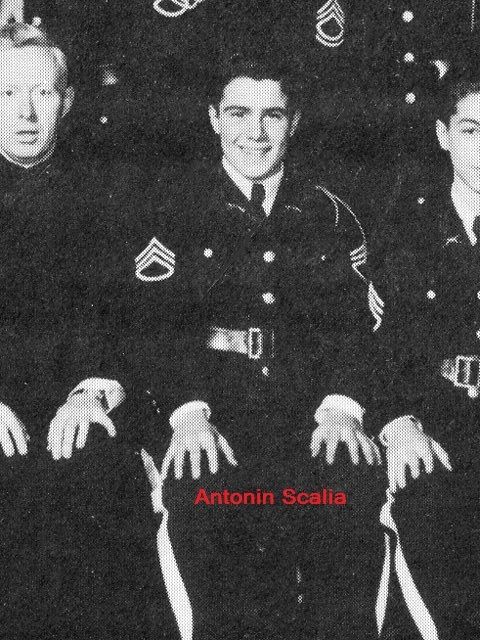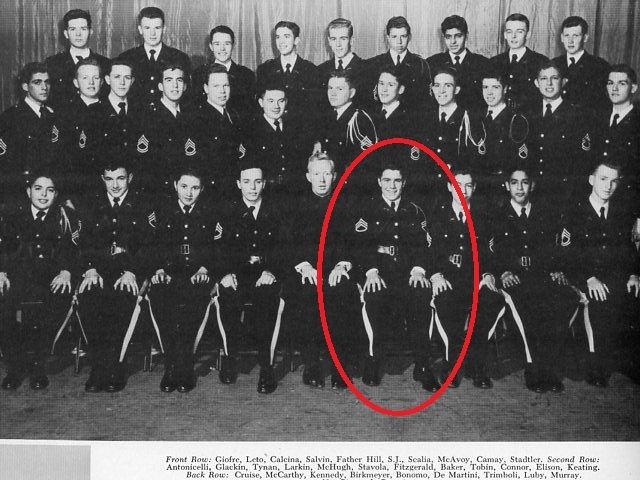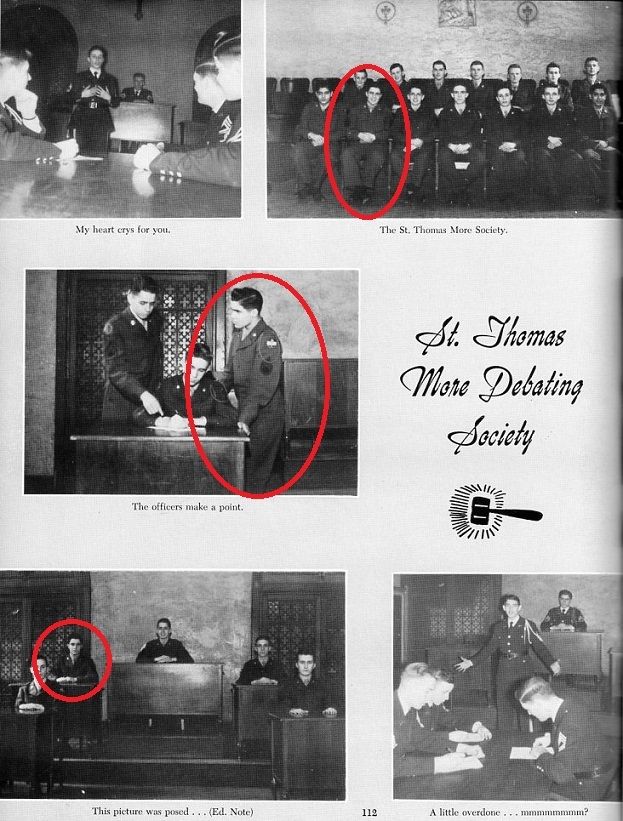One of the totally predictable implications of forcing employers to provide health insurance to full-time employees (defined as employees who work more than 30 hours a week) is that employers will reduce jobs. And a recent report by the CBO confirms this:
The law is also expected to have a significant effect on hours worked, the nonpartisan budget office said in a regular update to its budget projections released Tuesday. With the expansion of insurance coverage, more workers will choose not to work and others will choose to work fewer hours than they might have otherwise, it said. The decline in hours worked will translate into a loss of the equivalent of 2.5 million full-time positions by 2024, the budget office said.
The budget office analysis found that much of the law’s effect comes from reducing the need for people to take a full-time job just to get insurance coverage, and from the premium subsidies effectively bolstering household income.
But it will also have an effect on businesses, the report said, including by encouraging them to reduce employee hours to avoid the so-called “employer mandate.”
So sure, those who have jobs will receive better benefits, but there will be fewer employed. And which employees will be hardest hit? Of course, those on the bottom of the payscale, who were probably not receiving benefits before, and now are deemed not worthy of keeping around if they have to be paid these benefits. Many of these are likely earning minimum wage.
Recall that the President unilaterally delayed the employer mandate till next year. Wait till that kicks in. The pink slips and cancellation notices will continue to fly.
There is a certain perverse irony in the President simultaneously asking employers to pay employees above the minimum wage, and at the same time enforcing Obamacare to make it even more difficult to employ these people. I don’t know what else he could do to eliminate jobs for the poorest Americans!?
In other news, the CBO downgraded the estimates of people who would sign up for Obamacare from 7 million to 6 million.
The budget office now estimates that the 6 million Americans will enroll through the exchanges in their first year, rather than 7 million; and that expanded Medicaid and other public programs will enroll 8 million Americans, rather than 9 million.
But by 2017, nearly 25 million people will rely on it–in no small part that many pre-existing plans will be cancelled.
“Over time, more people are expected to respond to the new coverage options, so enrollment is projected to increase sharply in 2015 and 2016,” the budget office said in its report. It estimates that as of 2017, about 25 million Americans a year will obtain coverage on the exchanges.
This is the problem of entrenchment. Year after year, more people will rely on Obamacare, and it will become more and more difficult to do anything about it. Just the way it was designed.





